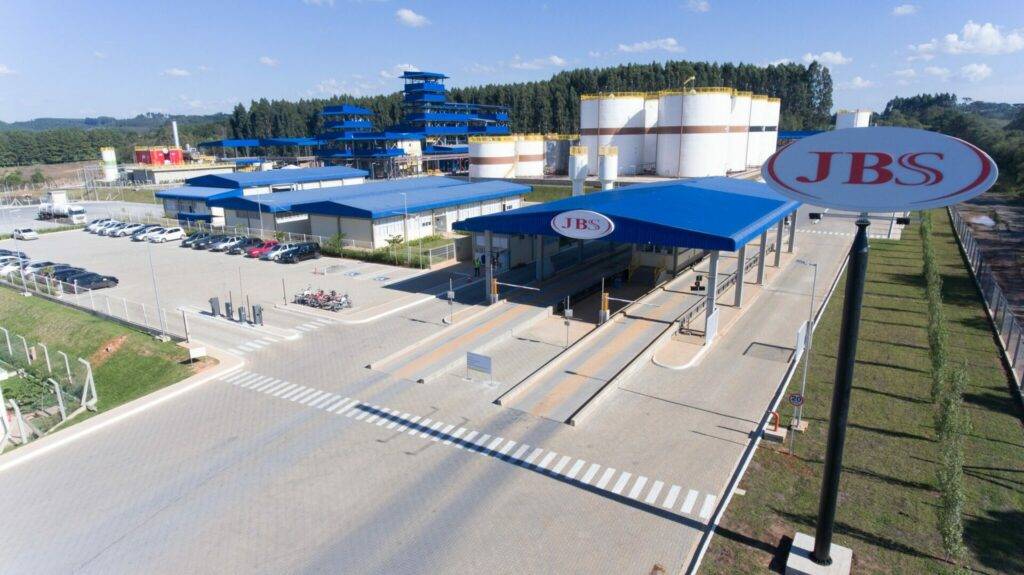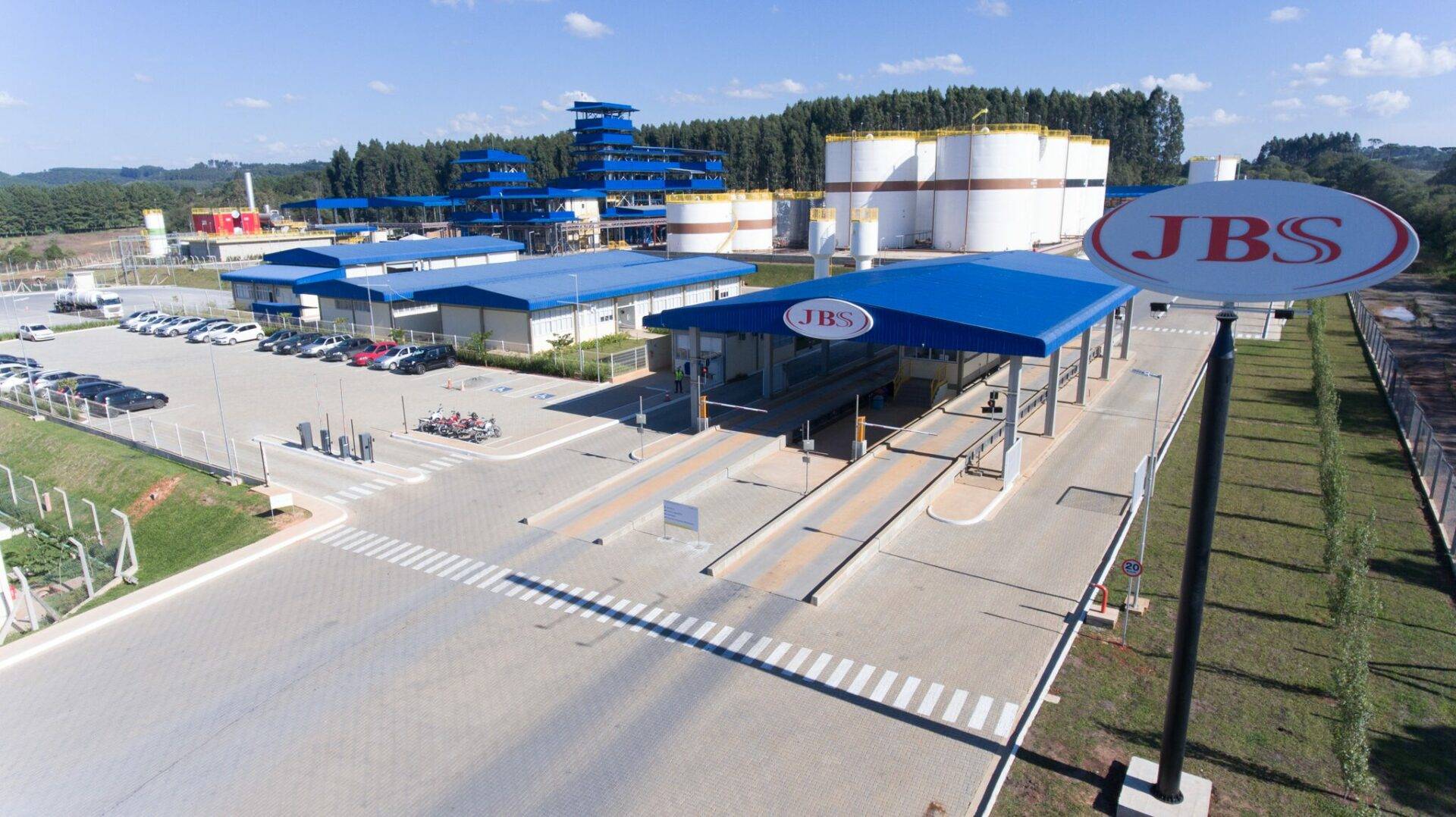JBS Spearheads Biodiesel Refueling Initiatives in Brazil with First Authorized Station
Introduction
JBS, through its subsidiary Biopower, has inaugurated Brazil’s first 100% biodiesel refueling station, marking a significant milestone in the country’s biofuel sector. This facility, located in the industrial complex of Lins, São Paulo, is the first to receive authorization from the National Agency of Petroleum, Natural Gas, and Biofuels (ANP) to serve JBS trucks with B100 biodiesel.
Establishment of the Biopoint
The newly established “biopoint” is equipped with two dedicated pumps for B100 biodiesel and boasts a capacity of 30,000 liters of fuel. Currently, 10,000 liters are being utilized monthly in compliance with ANP regulations, with plans for further expansion in the near future. This development not only supports JBS’s logistical operations but also propels the growth of the biodiesel market in Brazil.
Environmental Benefits and Market Impact
Biopower’s initiative is pivotal in leading the shift towards more sustainable fuel options in Brazil. Biodiesel, known for emitting 80% less carbon dioxide than traditional fossil diesel, offers a substantial reduction in environmental impact. The move by Biopower aims to catalyze the broader adoption of biodiesel across the nation, demonstrating the viability of this eco-friendly alternative in everyday use.
Regulatory Milestones and Technological Compatibility
Alexandre Pereira, Biopower’s commercial director, emphasized the importance of obtaining ANP’s authorization as a crucial step forward in the biofuel sector. This approval underscores biodiesel’s compatibility with current automotive engine technologies and its role in the decarbonization of Brazil’s transportation sector. Earlier this year, Biopower also released results from a test demonstrating biodiesel’s effectiveness and compatibility, further solidifying its practicality and sustainability.
Practical Applications and Testing
Since last year, Biopower has been conducting practical tests, including the use of a truck from Dutch manufacturer DAF that runs solely on B100. This truck has successfully covered over 120,000 km, proving the high quality and reliability of biodiesel as a suitable substitute for traditional diesel in heavy-duty vehicles.
Expanding Biofuel Access and Partnerships
Pereira expressed a commitment to expanding access to biodiesel in Brazil and fostering partnerships with automakers to enhance the fuel’s integration into Brazil’s transportation ecosystem. This initiative is part of a larger effort to increase the biodiesel blend in diesel sold to end consumers, which has recently risen to 14% and is set to increase to 15% by March 2025.
Contribution to the Biofuel Sector
Through initiatives like Biopower, JBS is among the top five biodiesel producers in Brazil. In the past year alone, the company contributed significantly to a 12.2% increase in biodiesel supply in the market, with 550 million liters sold in 2023. This trend mirrors the growing acceptance and utilization of biodiesel in other regions such as Europe and the United States, where biofuel is widely available to the public.
Conclusion
JBS’s pioneering efforts at the Lins biopoint represent a foundational step in Brazil’s transition towards sustainable fuel sources. By leading the charge in biodiesel adoption, JBS is not only enhancing its corporate sustainability but also contributing to a global reduction in carbon emissions. The continued expansion of biodiesel usage holds promising results for Brazil’s ecological footprint and its role in the global environmental landscape.
Related: Why JBS Shut Down Beef Plant



